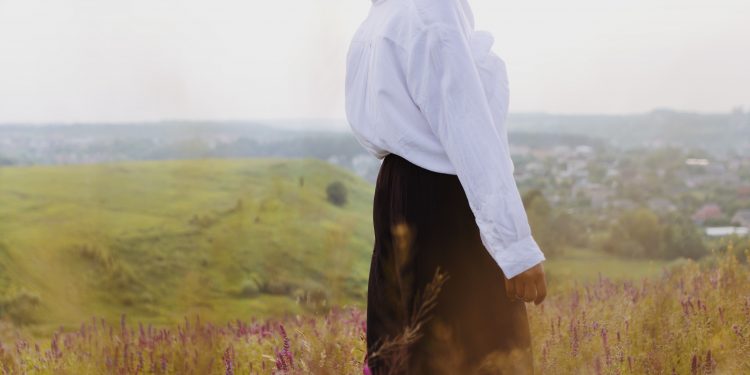I take lectures in a room full of 24-year-olds: poets, novelists and essayists, all of us flung together by a contract or more appropriately, an offer to research and teach in exchange for an education. The first time I meet the other black ‘guy’ in my class, he calls me honey but without the usual glint in his eyes that one would get from some men back home. Still, more than anything, this casual American greeting makes me want to hold a placard over my head that reads: Dude, I am not your mate!
The thing is, nothing spells being 32 better than being in a room full of 24 years olds, all of us scrambling for the center of classroom conversation. My approach to this issue, this feeling of displacement, is silence. When my classmates ask how old I am, I smile and say, ‘older.’
The fact of my age, the whole length and breadth of it, sits in my tongue like a fishbone, I cannot spit it out. It has never really occurred to me how much validation I get from my age, or worse, how much self-loathing I have constructed around the trajectory of my timelines.
Being 32 in the situation of my life often demands answers. First, why now? Why are you just in graduate school? What have you been doing all your life? Of course, there is also my favourite –How come you are still single? Because obviously you can walk down to Walmart or Ebe-Ano and pick a man off the racks. Once, I went on a date with a guy who was so visibly offended by my singleness that he blurted out: So, what exactly is wrong with you?
Other people aside, I also ask myself certain questions, like, where has my life been? What have I been doing all this time? Because let me tell you, it is a curious thing to travel slowly through your timelines and find out that you cannot quicken your pace because the vehicle is yourself. But then, one might ask: What does it mean to travel slowly and who prescribes these arrival timelines?
I guess what I am trying to say, wrinkles and grey hair aside, is that I don’t like to talk about my age because I think somehow that I have failed in travelling through it, that I have ignored the bus stops and stations with their glaring signposts. Leave school at 21, (Oh, I did that.) Be married at 25, oops! Slept off. Then start the awkward social climb in your career except I couldn’t decide if I wanted to practice law, run a social enterprise or have a business. By the time all three ventures failed, I heeded my mother’s mocking warnings and returned to corporate life, falling behind the climb both in experience and in ranking.
Still, in a world that obsesses over 30 under 30 achievers, or where youth is power and youth success is the greatest revolution, I find it difficult to reconcile all the dates of my life, nor can I continue to drag the weight of my carefully scheduled dreams lagging behind, which then leaves me in a complicated maze – a woman in her early thirties watching time, wondering if she will ever catch up.
However, these days I find myself asking: who says time has to be yesterday or now? Who says we cannot re-invent ourselves past the limits of our faulted schedules? How can we tell what or who is late when we are all hurriedly striding into the unknown?
My ancestors, Ndi Igbo, have a proverb, Mgbe onye teta bu ututu ya which translates to, whenever you wake up, that is your morning.
I like to think of it this way – a fresh start is still a fresh start, even though it begins well into the day. We might not have that sparkle of overly young achievement, but we are also not dull and lackluster. We can shine if we start now, if we polish again. If we dream and sing and hold on to a faith and fate that makes things beautiful in their time. We don’t get to change yesterday, but at least we can enjoy the ride.


